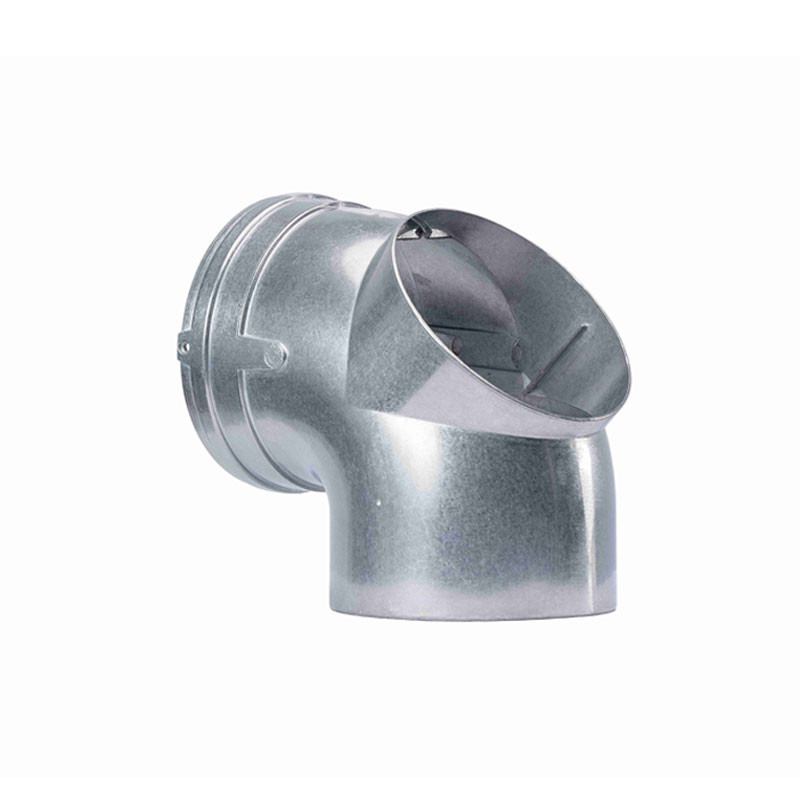Ensuring Compliance: Industry Standards and Certifications for 3-Way Elbow Pipe Fittings
2024-01-17
Introduction:
The reliability and performance of 3-way elbow pipe fittings are essential in various applications, from residential plumbing to industrial processes. To ensure consistency and quality, these fittings must adhere to specific industry standards and certifications. In this blog, we delve into the standards and certifications that govern the manufacturing and performance of 3-way elbow pipe fittings, highlighting their importance in maintaining safety, reliability, and compliance.
Industry Standards for 3-Way Elbow Pipe Fittings:
1. ASTM (American Society for Testing and Materials):
ASTM standards play a crucial role in specifying the properties and testing methods for various materials, including those used in 3-way elbow pipe fittings. ASTM standards ensure consistency in material composition, strength, and durability.
2. ASME (American Society of Mechanical Engineers):
ASME standards cover a wide range of engineering practices, and certain standards are applicable to the design and fabrication of pipe fittings. ASME B16.9, for example, provides specifications for factory-made wrought steel buttwelding fittings, including 3-way elbow configurations.
3. ANSI (American National Standards Institute):
ANSI standards focus on dimensional and performance specifications for various products. ANSI/ASME B16.5 provides guidelines for pipe flanges and flanged fittings, including 3-way elbow configurations, ensuring uniformity and compatibility in piping systems.
4. ISO (International Organization for Standardization):
ISO standards contribute to global consistency in product specifications. ISO 4144 outlines the dimensions and requirements for stainless steel fittings, including 3-way elbow pipe fittings. Compliance with ISO standards ensures international acceptance and interoperability.
5. DIN (Deutsches Institut für Normung):
DIN standards, commonly used in Germany and Europe, cover a range of products, including pipe fittings. DIN 2615 specifies the dimensions and technical delivery conditions for steel butt-welding fittings, including 3-way elbows, ensuring conformity with European standards.
6. BSI (British Standards Institution):
BSI standards provide specifications for various products, and BS EN 10253-4 covers the dimensions and tolerances of stainless steel fittings, including 3-way elbow configurations. Compliance with BSI standards is crucial for ensuring product quality in the UK and beyond.
Certifications for 3-Way Elbow Pipe Fittings:
1. ASME Certification:
ASME certification signifies that 3-way elbow pipe fittings comply with ASME standards, ensuring that the manufacturing processes, materials, and designs meet the stringent criteria set by the organization.
2. CE Marking:
CE marking indicates that 3-way elbow pipe fittings conform to European Union (EU) standards for health, safety, and environmental protection. Compliance with CE requirements is essential for products intended for sale in the EU market.
3. UL (Underwriters Laboratories) Certification:
UL certification ensures that 3-way elbow pipe fittings meet safety and performance standards set by UL. This certification is particularly relevant for fittings used in applications where electrical safety is a consideration.
4. FM Approval:
FM Approval certifies that 3-way elbow pipe fittings comply with standards established by FM Global, a leading provider of commercial and industrial property insurance. This certification is particularly significant in applications where fire protection is crucial.
5. NSF/ANSI Certification:
NSF/ANSI certification is relevant for 3-way elbow pipe fittings used in applications involving drinking water. It ensures that the fittings meet specific health and safety requirements for materials in contact with potable water.
6. RoHS Compliance:
Compliance with the Restriction of Hazardous Substances (RoHS) directive certifies that 3-way elbow pipe fittings do not contain hazardous substances, contributing to environmental safety and regulatory compliance.
Conclusion:
Adhering to industry standards and certifications is paramount in the manufacturing and application of 3-way elbow pipe fittings. These standards ensure uniformity, safety, and performance, providing confidence to end-users and regulators alike. As technology advances and global markets continue to integrate, the importance of standardized specifications and certifications will only grow, ensuring the reliability and compliance of 3-way elbow pipe fittings across diverse industries.



